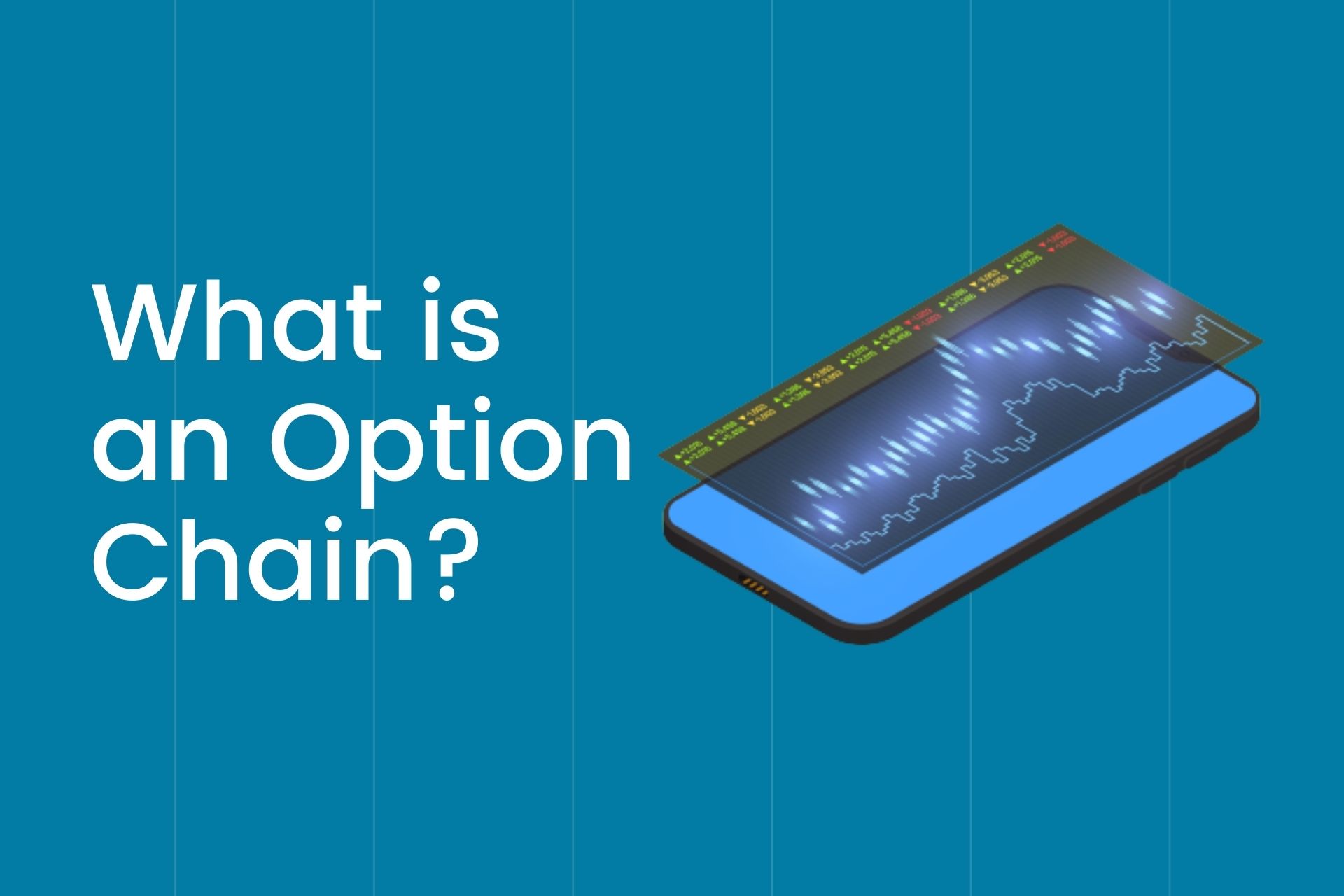You’re probably aware that transparency is becoming a buzzword in many industries, but have you considered its impact on accounting? Open accounting isn’t just a trend; it’s a revolutionary approach that promises to reshape how businesses manage and share their financial data. By embracing open accounting, companies can foster greater trust with stakeholders, streamline processes, and enhance decision-making.
Imagine having real-time access to financial data, where everything is out in the open for scrutiny and collaboration. Open accounting offers this and more, enabling you to make informed decisions with confidence. Whether you’re a business owner, an accountant, or just curious about modern finance, understanding open accounting will give you a competitive edge in today’s fast-paced world. Let’s delve into how this approach can transform your financial landscape.
Understanding Open Accounting
Open accounting might seem complex, but it opens doors to transparency and efficiency in managing financial data. Companies that adopt open accounting can uncover insights that traditional methods often hide. Imagine being able to see financial data in real-time — giving you an edge in decision-making and strategy. What’s clear is that open accounting can dramatically change how you view business finances.
So, what is open accounting? It’s an approach where financial data isn’t confined to spreadsheets but shared across accessible platforms. This transparency can build trust with stakeholders and streamline processes. Open accounting leverages technology to provide real-time updates, enabling quick responses to financial changes. If financial data were always current and accurate, wouldn’t that make your business decisions more informed?
You might wonder, why embrace open accounting? For one, it can make audits more straightforward since all data is traceable and clear. In addition, employees can collaborate better when financial information is available to those who need it. This capability can also reduce errors and fraud by ensuring that data flows seamlessly among departments. Have you ever thought about how much time you could save with fewer redundancies and inefficiencies?
Consider your monthly reports. With open accounting, these reports can be generated automatically, reflecting the latest data, not figures from weeks ago. This means less time spent on manual updates and more time analysing trends and making strategic decisions. Have you thought about the potential to redirect resources to higher-value tasks?
Moreover, stakeholders, whether they be investors, regulators, or clients, prefer transparency. Open accounting provides this, allowing you to show exactly where resources are going and how they are managed. This clarity can enhance your credibility and strengthen relationships. Could this lead to more opportunities for growth and investment?
Integrating open accounting into your operations can offer several concrete benefits. Reduced complexity in financial management, better resource allocation, and enhanced decision-making capabilities are just the beginning. As you consider your financial processes, reflect on how open accounting might provide the competitive edge in today’s fast-paced business environment.
Benefits Of Open Accounting
Open accounting revolutionises how you handle your financial data by offering tangible advantages that support and strengthen your business operations.
Transparency
Open accounting shines a light on your financial data, making everything clear and understandable. With real-time access, you ensure every transaction is visible, reducing the risk of hidden discrepancies. No more second-guessing your books—a clear ledger builds trust with stakeholders. Are you ready for a system where everyone sees the same data? Transparency in financial processes facilitates trust and fosters integrity, all while promoting a culture of openness.
Efficiency
Streamlining finances becomes second nature with open accounting. Automated processes remove the tedium of manual entry, cutting down on time and errors. Your team might find themselves achieving more in less time, while focusing on growth activities. What could you do with hours freed up daily? Efficient systems mean quicker audits and reporting—essential during crucial financial review periods. So, you might ask, is your current system holding you back?
Accountability
With open accounting, clarity becomes your ally, ensuring every financial move has a traceable source. When data is consistently shared and updated, it’s harder to hide mistakes or fraudulent activities. How often do you review financial responsibilities within your team? Accountability fosters a sense of ownership among employees, knowing their actions are both visible and measured. This system encourages individuals to align actions with the company’s financial health and goals.
Key Features Of Open Accounting Systems
Open accounting systems possess distinct attributes that foster transparency and efficiency. Let’s delve into these essential characteristics.
Accessibility
Open accounting systems ensure your financial data is always within reach. You don’t need to be confined to an office or specific computer to check vital information. Whether you’re accessing data from a mobile device during a commute or a laptop from a café, the flexibility is there. Such systems support users of all technical proficiencies. Does it matter where you are? Not at all, as you maintain full control over your financial health.
Real-Time Data
Staying updated in real-time is not just a luxury but a necessity. Open accounting systems empower instant access to the latest financial reports. Instead of waiting hours or days, your decisions can be grounded in up-to-the-minute information. Imagine knowing your current cash flow or pending invoices at any moment. This timely information safeguards against outdated or inaccurate data. Can you afford to overlook this?
Collaborative Tools
Working together becomes seamless with open accounting systems. Teams no longer need to work in isolation, exchanging files back and forth. Instead, multiple users might access and update accounting records simultaneously. This collaboration enhances accuracy and saves time. Ever wondered how much time is wasted through miscommunication? Integrated tools ensure everyone is on the same page, fostering an environment of accountability and teamwork.
Challenges And Considerations
Figuring the landscape of open accounting reveals several challenges. Addressing these ensures successful integration into your business framework.
Data Privacy Concerns
With open accounting, data privacy remains a pressing issue. Sharing financial data in real-time might expose sensitive information. You need robust security measures to protect this data from unauthorised access. Always consider encryption for data transmission and storage. Regularly updating security protocols can reduce vulnerabilities. Are you prepared to handle potential breaches? Maintaining user trust hinges on managing these privacy concerns effectively.
Implementation Hurdles
Implementing open accounting can be complex. Transitioning from traditional systems involves various steps. You may face compatibility issues with existing software. Customisation to fit unique business needs might demand more time and resources. The process can be disruptive if not planned well. Can your business endure a transitional phase? Careful planning and an incremental approach to integration can ease these hurdles.
User Training
Open accounting introduces new tools and processes. Ensuring your team is comfortable using them is essential. Training needs can vary based on user roles. Comprehensive training programs should cover all aspects of the new system. How will you facilitate continuous learning? Regular workshops, clear documentation, and accessible support structures can foster a smooth transition. This investment in training promotes efficiency and reduces errors.
Future Of Open Accounting
Open accounting is evolving quickly. How might it shape the future of business? One key trend is greater adoption across industries. With real-time data and transparency, businesses in sectors like retail, finance, and healthcare can thrive. You’ll likely see more businesses investing in open accounting systems to stay competitive.
Additionally, technology drives growth. Artificial intelligence and machine learning can enhance open accounting, offering predictive insights and automating routine tasks. This frees up your time for strategic decision-making. Imagine an AI system spotting a trend in your financial data before you do. This kind of advancement brings accuracy and foresight.
Blockchains may play a role, too. They promise secure, transparent transactions. If blockchain integrates with open accounting, you get a tamper-proof record, strengthening trust. Smart contracts can automate processes, saving you time and reducing errors.
Don’t overlook the potential of mobile access. With employees working remotely, the ability to access real-time financial data from anywhere cannot be overstated. Open accounting systems adapting to mobile platforms ensure that you stay connected and informed, regardless of location.
What about regulations? Compliance is crucial. Governments may update laws to keep pace with open accounting practices. Staying compliant will be easier if your system aligns with these new standards. This alignment reduces risk and increases confidence in your financial reporting.
Educational institutions are also catching on. Courses on open accounting and its technologies are becoming more common. This helps create a workforce skilled in leveraging these tools. You might find that hiring employees familiar with open accounting becomes simpler, which enhances operational efficiency.
What challenges remain? Data privacy will continue to be a concern. Ensuring robust security measures can mitigate risks associated with open accounting. Companies will need to balance transparency with protection.
Open accounting will transform how you handle finances. From everyday operations to strategic planning, its impact will likely be profound. Are you prepared for this shift? Stay ahead by embracing these emerging trends.
In Closing
Embracing open accounting can revolutionise how your business manages finances and strategic planning. By leveraging real-time data and fostering transparency, you’ll enhance trust and efficiency within your team. As technology continues to evolve, staying ahead of trends like AI and blockchain will be crucial. Prioritise mobile access and regulatory compliance to ensure your business remains agile and compliant. With the right approach, open accounting can be a powerful tool for driving growth and maintaining a competitive edge in today’s dynamic financial landscape.




